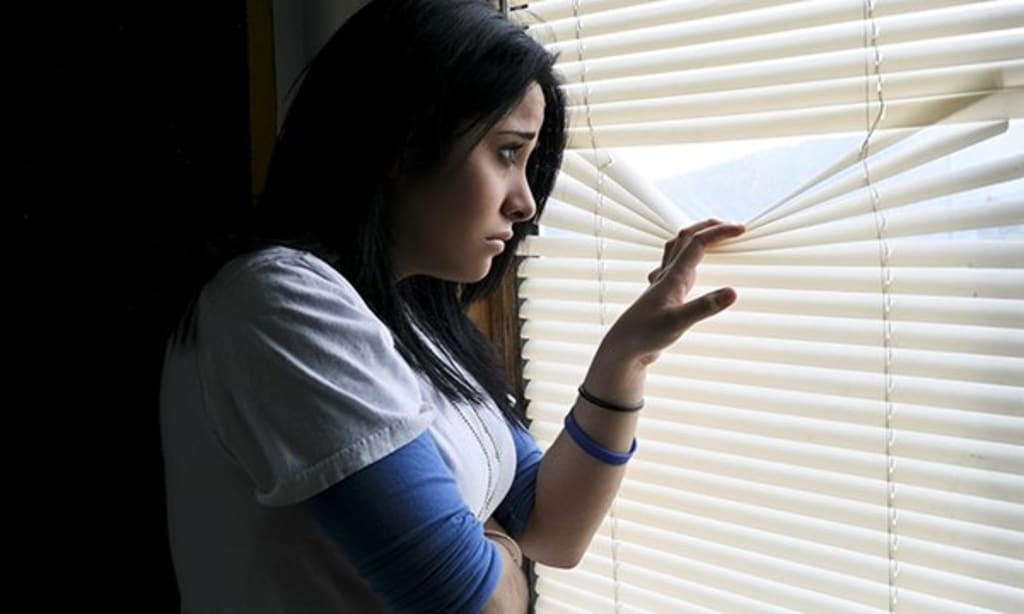
90% of over 60’s face a Covid mental health crisis. That’s according to ONS data from Befriending Network Companions. The study which looked at how the way people lived their lives from before the pandemic to during came up with some very interesting findings which show how much of a toll the pandemic took on people and the increase in certain mental health conditions.
Some of the main findings included:
Those groups that were financially impacted at the start of the coronavirus (COVID-19) pandemic were still worse off up to mid-April 2021; such as the self-employed, who were three times as likely to report reduced income and twice as likely to use savings to cover living costs compared with employees. This could increase the number of people suffering mental health conditions as if people don’t have enough money to afford everyday essentials, they are more likely to have to rely on state benefits which can impact their self esteem and level of morale as they may feel that they may not ever be able to earn the amount that they need to afford the things they need to survive. It can also effect their mental health as they may see others doing well and wonder why they aren’t able to afford their daily needs.
It may also push them in to having suicidal thoughts which may put them in extreme danger of taking their own life.
Those in the lowest income bracket (up to £10,000 per annum) continued to be more likely to report negative impacts to personal well-being in comparison with higher brackets; such as the coronavirus pandemic making their mental health worse (18%) and feeling stressed or anxious (32%).
Those in the highest income brackets (£40,000 a year or more) continued to be more likely to report that the coronavirus pandemic was negatively impacting their working life, and were six times as likely to report the pandemic was having a strain on their working relationships; those employed were over twice as likely to find working from home difficult than those in the lowest income bracket.
Employed parents were less likely to be furloughed since the beginning of 2021, unlike in the first phase of lockdown, but were still more likely to report reduced income than non-parents; despite the financial impacts, all parents continued to feel less lonely and report higher scores of feeling that things done in life are worthwhile.
Those aged under 30 years were consistently more likely to report that their income had been reduced (15%) than those over 60 years (5%); however, a higher proportion of those under 30 years reported being able to save for the year ahead (50%) than older age groups (39%).
Perceptions of incomes and savings also appeared to differ; for example, those in the youngest age group were less financially resilient than older age groups, with 47% of those under 30 years reporting that they could afford an unexpected expense compared with 71% of those over 60 years, despite a higher proportion reporting that they were able to save for the year ahead.
“The initial pandemic shock saw millions of individuals suffer both financially and with their well-being. This continues to be felt more than a year on, with similar amounts of people needing to borrow or use savings to make ends meet as seen last year. Worryingly, the self-employed, parents, young people and those living on the lowest household incomes remain more negatively affected by the pandemic in April 2021.”
That’s according to Gueorguie Vassilev, Head of Economic Well-being.
Following the study,
Lisa Robinson who is the CEO of Befriending Network Companions stated,
“”After more than a year of lockdown the country is opening up again, but there is still no let-up for the groups who have suffered most during the pandemic.
“Sadly, the over-60s are one of the worst-affected groups, with more than nine in ten (91.6%) saying the situation is making their mental health worse.
“The enforced separation of lockdown meant millions of us experienced regular loneliness for the first time last year. But as lockdowns ease across the UK and normal life returns for some, it’s clear that many people are being left behind, wrestling with loneliness and feelings of isolation.
“We can all help by dropping in on our elderly neighbours and making sure to visit relatives who struggle to get out.
“Companions’ easy-to-use app helps those needing a friend find and book a trusted, vetted companion quickly, easily and safely, and can make a difference to anyone who is struggling with loneliness.”
The study proves how much of an impact the pandemic has had on the lives of working adults in the UK. People are now being invited in different age groups to be vaccinated against the Covid 19 virus and ensure they can remain safe and healthy. There has been much criticism about the way the government has led it’s vaccination campaign as there have been mixed messages as to what people can and can’t do with regard to staying safe and healthy. Many people will have family abroad who they haven’t seen for over a year.
All Covid 19 regulations are set to be eased by the 21st June but due to the state of play in different areas of the world, this may have to be delayed.